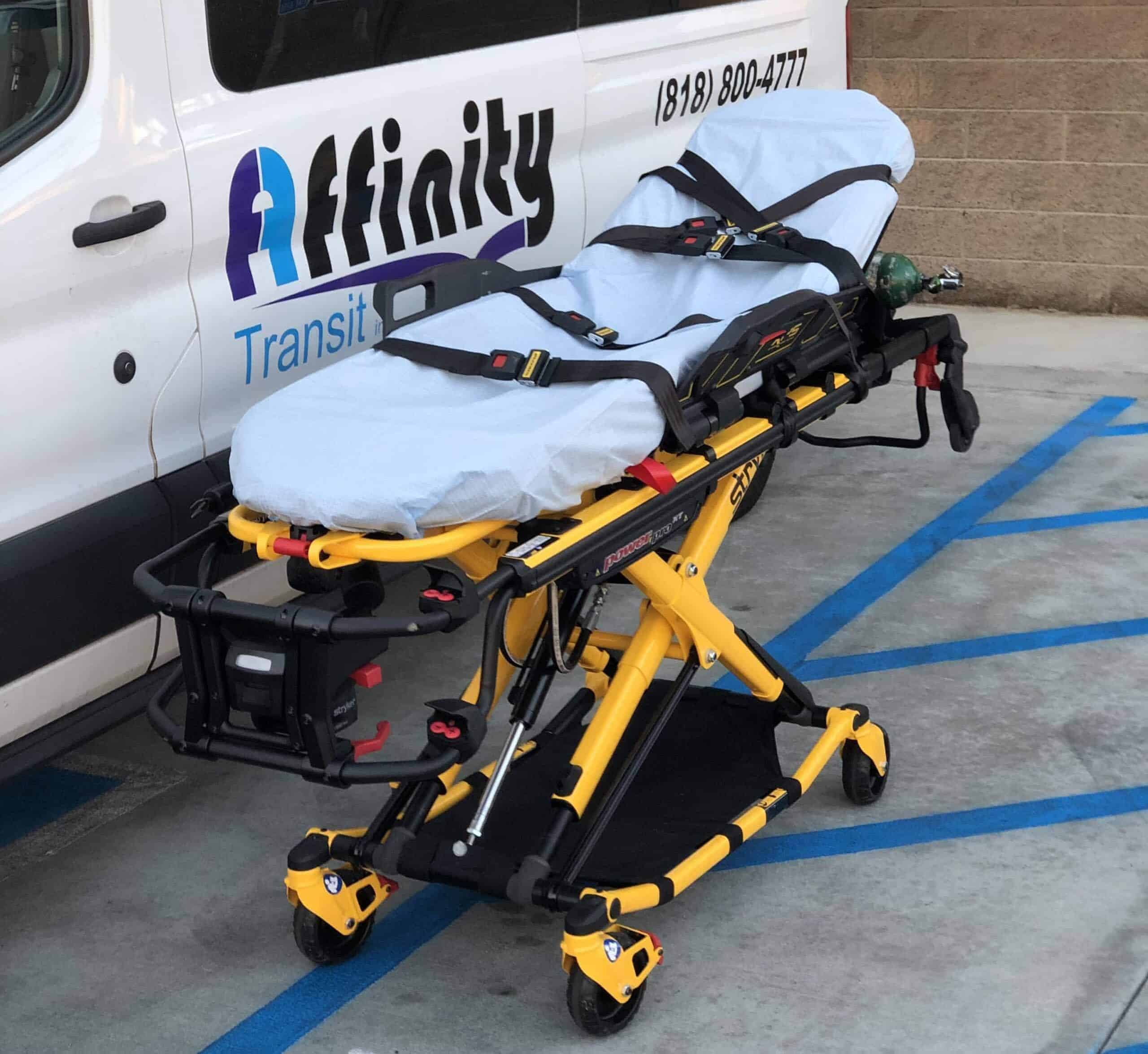Sharing is caring!
There are an average of 200,000 bariatric surgeries performed each year. Bariatric patients have unique needs, including mobility needs. Bariatric patient transportation is an important part of surgical planning.
So how does bariatric transportation work? And can just any transportation handle the unique needs of bariatric patients? Read on to learn how specialized non-emergency bariatric transportation works.
What Types of Special Care Do Bariatric Patients Need?
By the time bariatric patients commit to surgery, many of them are homebound. This may be due to the extent of their obesity, which could be greater than anyone expected. This can make utilizing normal modes of transportation nearly impossible.
Depending on the BMI and weight of the patient, he or she may not be able to fit inside a normal car or SUV. Trained hospital discharge professionals prevent patients from becoming injured.

Ensuring Limited Mobility During Transfer
Bariatric transportation service providers will ensure that the patient does not unexpectedly move. Special equipment and positioning can avoid an uncomfortable experience for clients.
This can be particularly important if the patient has exceptionally soft tissue. Supportive cushions are typically used to stabilize patients in a comfortable position.
The aim is to prevent sudden and unexpected movement. These movements can disrupt the transportation of patients to and from hospitals.
Bariatric transportation service providers will ensure that the patient does not unexpectedly move. Special equipment and positioning can prevent an uncomfortable experience for clients.
The distribution of fatty tissue must be taken into account. Fat deposits within the abdominal muscles are less prone to drift during transport.
Assistive Devices
Some patients need assistive devices before, during, and after transport. A significantly overweight patient may be too heavy for a typical patient stretcher. The hospital bed may even be inadequate for safely supporting an individual.
Affinity Transit is now equipped with Power-PRO XT Stretchers! These advanced stretchers expand the surface area for patients.
Moving patients to and from vehicles may need a combination of tools. These include slings, powered turning aid, and a ceiling hoist for the safety of the patient and staff.
Affinity Transit is a trusted and experienced company that specializes in bariatric transport. Our team members understand how to calculate safe working loads. This ensures patients do not have to worry about accidents like brakes on the bed failing.
Medical Monitoring
There are many health considerations to be had when transporting bariatric patients. Excessive fatty tissue on the chest may challenge respiratory function, for example.
Transportation specialists are aware of this. They position patients for optimal ease of breathing.
Bariatric patients are more prone to the following health problems:
- Cardiac disease
- Diabetes
- Respiratory disease
- Skin conditions
- Osteoarthritis
- Ulcers
- Hypertension
- Stress incontinence
- Depression
- Hyperlipidemia
- Certain types of cancers
Bariatric transportation specialists also consider skin conditions. The patients often have increased skin folds. Our team members will take care to reduce the risk of skin excoriation and rashes.
Poor blood circulation and other factors can leave skin more prone to tearing. Sometimes, topical medications can prevent skin problems.
Another medical consideration deals with the joints. Mobility challenges increase with age for these patients. Mobility devices can reduce stress on the joints.
Risks for Medical Providers
Bariatric transportation providers must also take steps to protect their own safety. Many healthcare providers may not understand the measures needed to transport bariatric patients.
Back injuries are a potential risk. A leg weighs around 16% of total body weight on average. For someone who is 400-plus pounds, this can represent a heavy lifting load.
The elevating of limbs, while necessary, can be dangerous. Bariatric transportation experts often use limb slings while performing those activities. Slings offset the excessive loads.

Communication Creates Security
Communication is especially important for bariatric clients. Proper communication assures patients understand specialists are in control of the situation.
Bariatric transportation includes sharing details with patients. These details include steps taken to move them to a hospital.
This prevents a patient from being unnecessarily concerned. This also prevents patients from doing something unexpected that could hinder transportation.
The upcoming bariatric surgery may be uncomfortable. This makes it all the more important to maintain an open dialogue. Mutually agreeing on steps is another important factor.
Risk Assessment
Bariatric transportation usually begins with a risk assessment. The examination of the patient’s risk factors determines how much personnel is needed. It also determines what types of equipment are needed for transportation.
Factors that our transportation team will consider include:
- The patient’s BMI
- Patient’s weight
- Ease of access to the patient
- How medically stable the patient is
- Body type and distribution of fatty tissue
An assessment should also include an examination of physical and cognitive function. Examining equipment and the environment are also important steps. Transporters may need to bring a stretcher up a flight of stairs, for example.
Modifications to the treatment can prevent ambulance personnel from injury. Patients can provide this information by phone ahead of time.
Learn More Useful Tips for Bariatric Patients
An experienced bariatric transportation provider ensures your loved one receives optimal medical care. Bariatric patients have unique requirements. Traditional medical transport companies may not be equipped to handle this.
Affinity Transit provides reliable, on-time, and safe services. Our non-emergency services cater to all types of locations. These include hospitals, nursing homes, and more.
Transportation can even be done for personal errands! Limited mobility does not mean that patients cannot be transported. To schedule your bariatric transportation, contact our team today.

